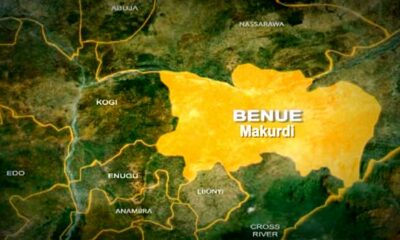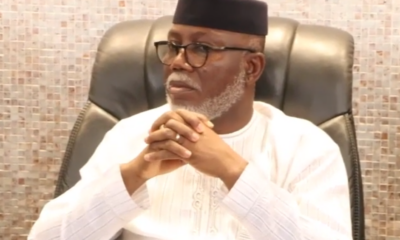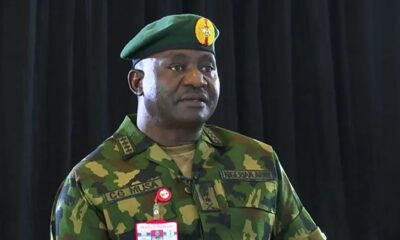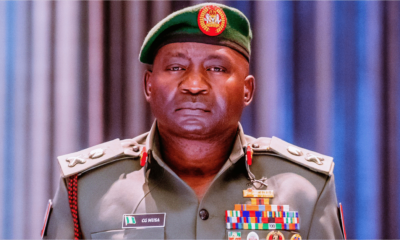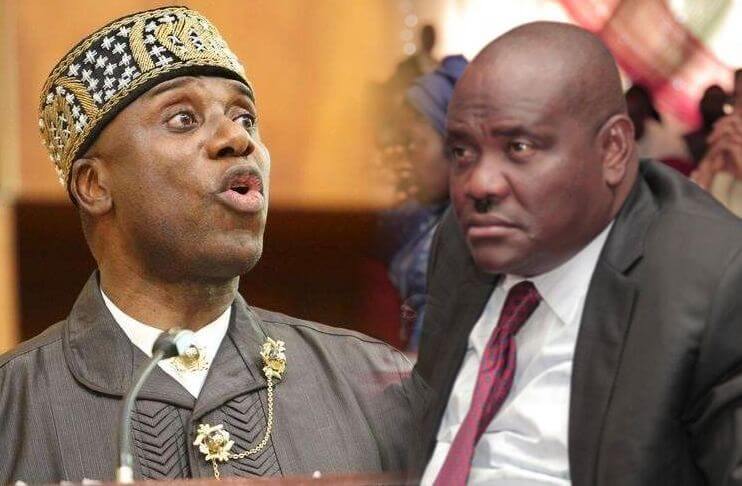news
Niger, Mali, and Burkina Faso officially exit ECOWAS

The military governments of Niger, Mali, and Burkina Faso have officially withdrawn from the Economic Community of West African States (ECOWAS), a decision that was formalized in a statement released on Wednesday by the regional bloc, which is based in Nigeria.
The announcement marks the conclusion of a yearlong process, with the withdrawal taking effect immediately.
This move comes in the context of ongoing political instability in the region, where military coups, armed groups with Islamic extremist ties, and a growing geopolitical rivalry between Russia and Western powers, particularly France, have created tensions.
ECOWAS has found itself at odds with these three countries, especially after it called for the restoration of democratic governance in Niger following a military coup in 2024.
ECOWAS made efforts to prevent the withdrawal, but acknowledged in its statement that despite their attempts, the trio’s exit was inevitable.
The bloc also emphasized its commitment to maintaining “regional solidarity” by keeping the door open for re-engagement. Additionally, it urged the remaining ECOWAS member states to continue extending the privileges of membership, including free movement of people and goods, to citizens of the three withdrawing nations.
Founded in 1975, ECOWAS has served as a major political body in West Africa, working on a variety of issues from political stability to economic cooperation and security.
However, the series of coups, the persistent threat from militant groups, and the growing influence of Russia have made the bloc a target for the military-led governments in Niger, Mali, and Burkina Faso.
On Tuesday, thousands of people rallied in both Niger and Burkina Faso in support of the decision. In Niger’s capital, Niamey, demonstrators chanted anti-French slogans and expressed hostility toward other regional leaders, including those from Ivory Coast, Nigeria, and Benin, with whom Niger’s relations have soured.
In Burkina Faso’s capital, Ouagadougou, Prime Minister Rimtalba Jean-Emmanuel Ouedraogo joined a large crowd in the Nation Square, calling for an end to “imperialism,” and emphasizing that this shift would not be achieved with ease but through forceful action.
Since coming to power amid a wave of coups in the past five years, the military leaders in these countries have consistently accused ECOWAS of being under French influence.
This has led to a growing alignment with Russia, as these countries seek to diversify their international alliances. In September, Niger, Mali, and Burkina Faso established the Alliance of Sahel States, a security pact designed to help them counter the threat of armed insurgencies and external aggression.
Militants linked to al-Qaeda and ISIS have destabilized the region for years, fighting for control of territory and leaving a trail of violence in their wake.




